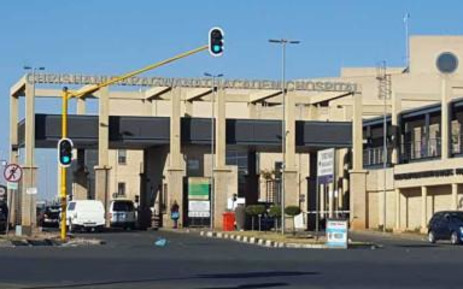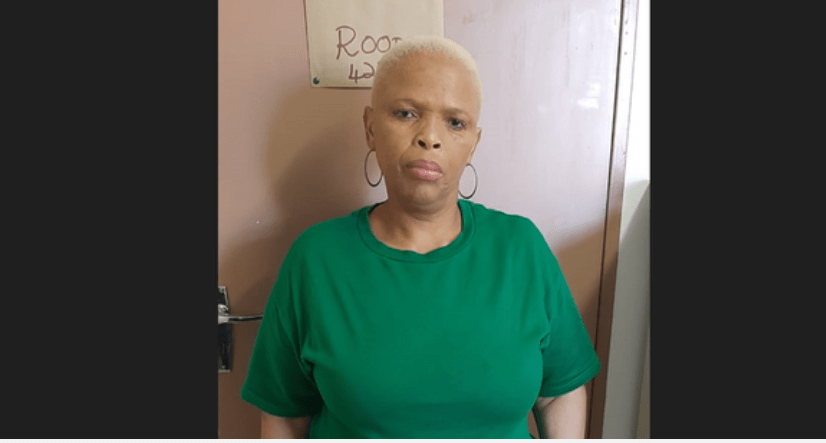In Gauteng, nursing students have taken to the streets in protest, specifically targeting the Chris Hani Baragwanath Academic Hospital. This demonstration follows a breakdown in communication between the students and the provincial Department of Health. The core issue driving their discontent is the decision regarding placements for their practical work. With tensions escalating, the students demand a resolution to their concerns, particularly in relation to receiving financial support in the form of a stipend until they write their exams in November. However, the Department of Health contends that it is unable to meet these demands due to budgetary constraints, setting the stage for a clash between the students and the authorities.
The Gauteng Department of Health has declared that their academic program for nursing students will conclude in May, stating that placements at medical facilities will only be arranged after the students have successfully completed their exams in November. This timeline has become a point of contention, as the students argue that they require financial assistance until their exams, rather than being left without any means of support during this period. Their primary demand centers around receiving a stipend to alleviate the financial burden they face during their studies.
While the students do not oppose writing the exams in November, they feel misled by the Department of Health. They claim that promises were initially made to provide ongoing financial support, but the department subsequently reneged on these commitments. This perceived breach of trust has fueled the students’ frustration and strengthened their resolve to continue protesting until a satisfactory solution is reached.
On the other hand, the Department of Health maintains that it simply does not have the financial resources to meet the students’ demands for a stipend until November. Allocating funds for this purpose would exceed R8 million, straining an already tight budget. The department argues that their original agreement only covered funding for the students’ academic program and that extending financial support beyond that period would set an unsustainable precedent for nursing students as a whole. Despite the department’s position, the students remain steadfast in their pursuit of fair treatment and financial assistance throughout their studies.
The ongoing protests at the Chris Hani Baragwanath Academic Hospital reflect the larger issue of the disconnect between students and the authorities responsible for their education. Miscommunication and unfulfilled promises have eroded trust, leading to a sense of disillusionment among the nursing students in Gauteng. Furthermore, these protests shed light on the broader challenges faced by students pursuing healthcare professions, highlighting the need for sustainable support systems that address their financial and practical concerns.
As the nursing students in Gauteng continue their protests, it is evident that the dispute over placements and stipends has become a significant hurdle in their academic journey. The clash between the students and the Department of Health reflects a breakdown in communication and a failure to address the students’ legitimate concerns. To find a resolution, it is crucial for both parties to engage in open dialogue and work towards a compromise that acknowledges the financial constraints while ensuring the well-being and support of the students. The situation calls for proactive measures to bridge the gap between students and authorities, ultimately striving for an equitable and sustainable healthcare education system.
The ongoing protest by nursing students in Gauteng serves as a stark reminder of the importance of effective communication and transparency between educational institutions and their students. It underscores the need for clear agreements and mutual understanding to prevent misunderstandings and grievances. Moving forward, it is crucial for the Gauteng Department of Health to engage in proactive dialogue with the nursing students and their representatives, addressing their concerns in a constructive manner. By fostering a collaborative environment, where the voices and needs of the students are acknowledged and valued, a more supportive and inclusive healthcare education system can be developed, benefitting both current and future nursing professionals.









